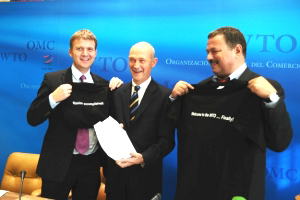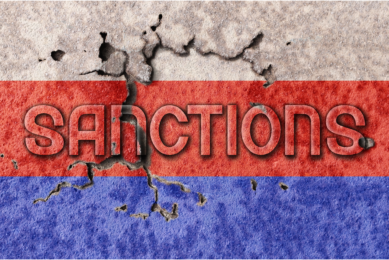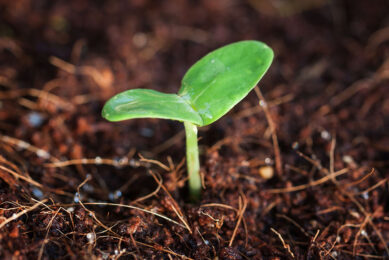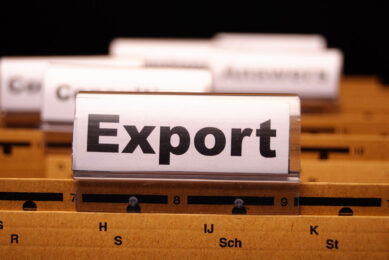WTO membership opens trade borders for Russia

After 18 years of on-and-off negotiations, Moscow met the requirements set by member countries for joining the WTO and became its newest member on Wednesday 22 August 2012.
Now that it’s part of the WTO, the Russian government will move to knock down trade barriers on exports, an Economic Development Ministry official said, according to the Moscow Times.
The ministry of Economic Development has estimated that Russian companies lost up to $2 billion annually in potential sales thanks to those restrictions. It counted 72 protective measures chiefly anti-dumping import duties and tariff quotas against Russian goods in a report released in April.
Especially the Russian grain growers expect that China’s market will open up for Russian grains after years of phytosanitary constraints.
Russia could start grain sales to China next year, Pavel Skurikhin, president of the Grain Growers Union, said at the same news conference.
Annual shipments could reach at least 1 million tonnes and go through the Black Sea port of Novorossiisk, he said.
Skurikhin also said farmers could grow more soybeans in the Far East for sales to China and Southeast Asia. The reason is that under its WTO commitments, Russia has to gradually lower its soybean export duty to 7.5% from 20%, he said.
The China Post says that Russia will not benefit as much from WTO access as China did when it became a member in 2001. Since then its economy grew from sixth place globally to the world’s second biggest.
Russia’s commodity-based economy is less well placed to enjoy that kind of spurt. And with trade and investment flows both scarcer than a decade ago, it will struggle to attract investments on a similar scale to its Far East neighbour.











